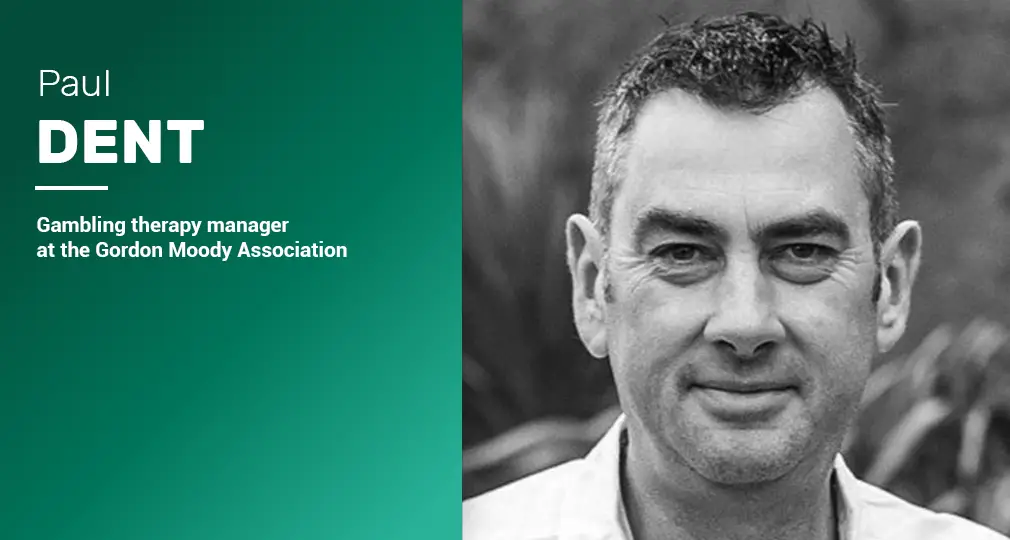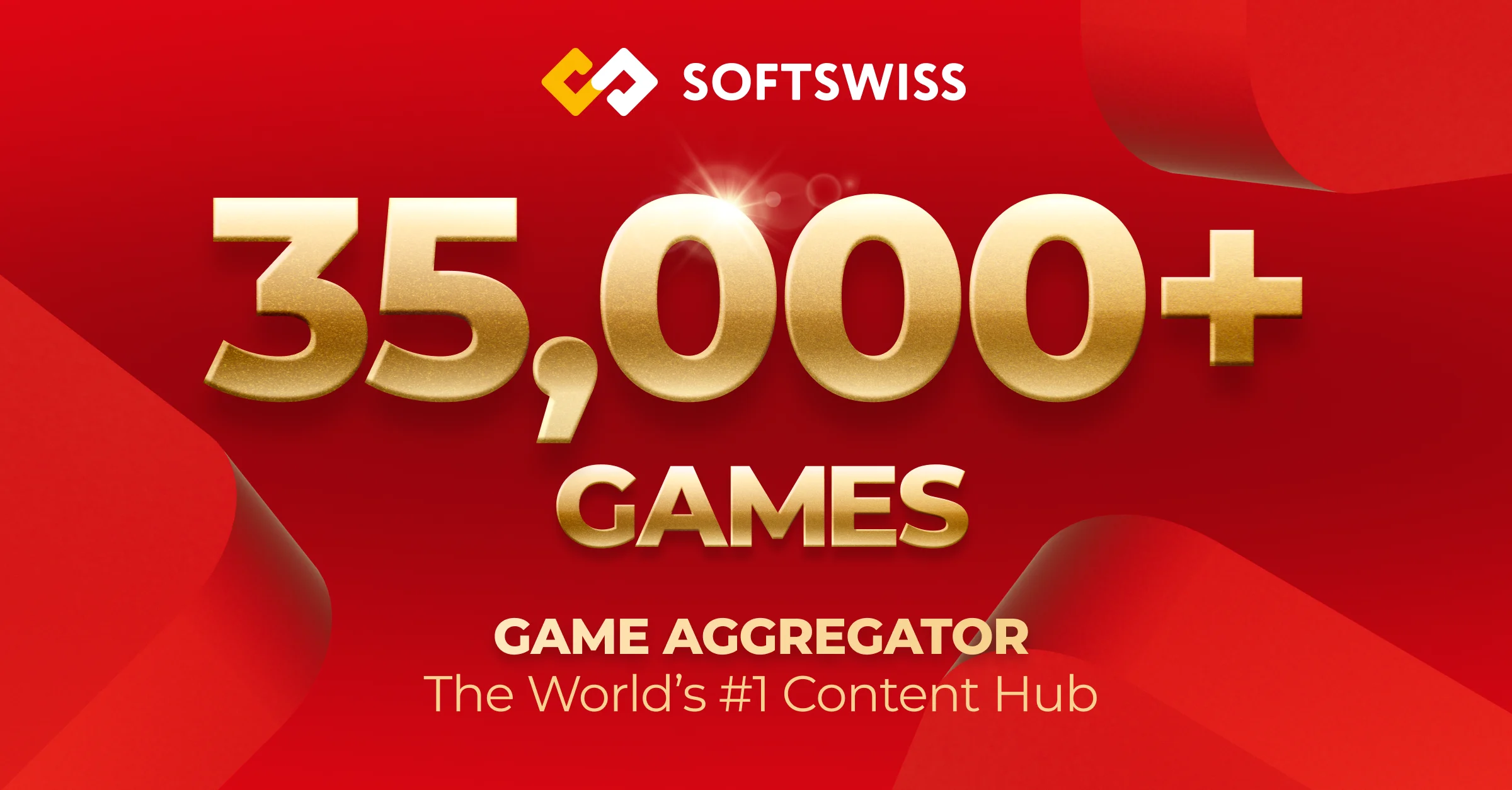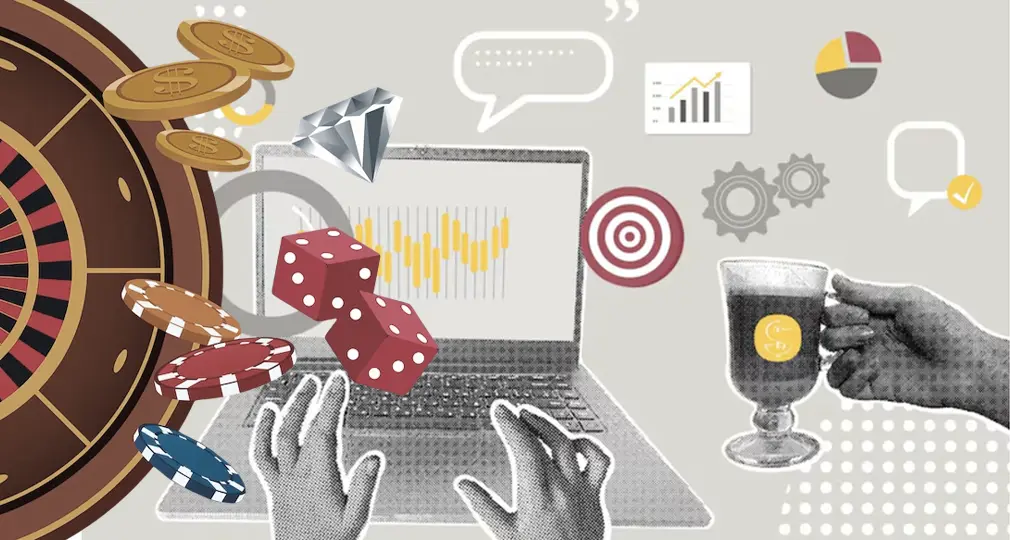In the modern world, gambling addiction has become a prominent issue, which is often discussed in the casino industry news. This unpleasant side of the gambling business is also brought up at conferences and webinars.
Paul Dent, a gambling therapy manager at the Gordon Moody Association, has provided his expert insight into the problem of gambling-related harm and addiction to the games of chance.
Why sustainability and responsible gaming have become a trend in the global iGaming market?
I think there’s always been a trend. It’s just that “sustainability” was the word that was used by the industry to recycle clients without realizing or recognizing that there, actually, was a problem and that it was their problem. But I think the real issue is problem clients. And “sustainable” is about you putting them back into the system, whereas “problem gambling” is when you take them out of the system. So, it’s about which angle you’re coming from.
Could you give a brief overview of what is currently happening in Europe, and namely in the UK, in terms of responsible gambling? How the regulators are tackling this issue?
I think there are two issues. One is how are the regulators and also the groups, such as Gambling With Lives, that are putting immense pressure onto the operators and the government, dealing will the issue. And, I think there is also a huge pressure coming from the press and media, which is causing big issues.
Which tools work the best for identifying problem gambling behavior?
It is really hard to identify problem behavior through tools because problem gamblers are, actually, addicts. And addicts by definition would have suffered some kind of trauma at some point in their life. And that could be an early life trauma, or it can be a life trauma. And can happen at any time. So, though it is very good to predict it through AI, that doesn’t predict either of those. And someone can tiptoe around it at any time. Someone’s wife is leaving them, or they’re losing the job, or something awful happens. And person tries to escape from that through gambling.
In your opinion, how gambling operators can contribute to combating gambling addiction and problem gambling? What could the ops do from their side?
I think it’s about having a good relationship with the client. So that when things do become difficult, the client trusts an operator enough to actually have that conversation and understand that they should be using the responsible tools. And it is for their benefit and not just for the sake of the operators. The clients should not just be cut off and going elsewhere.
Speaking about AI, how can the technology be utilized for treating or identifying problem gambling?
AI is very good for identifying changes in behavior, which is really good. Because then the operators can intervene. If there is a change in behavior, that’s great, then have a conversation with somebody. And, as I’ve said, it is about having those conversations and about are they sustainable or are they prophylactic, and it’s about the quality of those conversations. AI can flag out the problem early enough so that the quality of this conversation is much better. It’s better to do so rather than just blocking that person who then just goes to the unregulated markets.
What works the best for treating gambling addiction when it has already been identified?
The clinic is the best form of treatment or some form of residential treatment. For problem gambling, it is really about taking addicts out of the system.
As an organization that works with gambling addicts, which obstacles have you faced when working in the UK market?
The gambling aid clinics are based in the UK, and gambling therapy signposts clients to other facilities around the world. Our biggest obstacle is that most facilities are not there. Turkey and a lot of the Eastern European countries don’t have clinics, so we can’t recommend people to go to any facility. We can only provide treatment online, which is not sufficient when someone’s problematic. If they’re bad enough and have been addicted long enough, they really do need some treatment, and that needs to be done in a facility.
Do you believe that self-exclusion registers are efficient and could help in treating gambling addiction?
Self-exclusion works in the beginning. It works with sustainable clients. It’s like a ladder, you work up the ladder gradually with safer gambling tools. So, in a young market, like the CIS, it’s essential you have self-exclusion, you put KYC, you build in all these tools. But when someone has been gambling for nine-ten years, they’re problematic. So those things won’t work, you need to be treating the addiction.
What if a player has been self-excluded, say, for a year, and then they come back and show signs of problem gambling, what should an operator do in this case?
You can self-exclude for the periods of time. As long as the conversation is being with the client and they’ve engaged with it. They agree, they take themselves out of the system for a period of time and then come back. If you just block the players, they’ll go elsewhere. Most problematic gamblers have three-four accounts with different operators.
In the UK, the Single Customer View, which allows gambling operators to share info about clients, has been adopted recently. In your opinion, is this a direction that the other gambling jurisdictions should follow?
Ultimately, that would be an ideal solution. But to enact that on a global scale would be very difficult. Considering we don’t even have the regulation across the world or a single licensing system.
In your opinion, should problem charities collaborate and create some unified authority?
We collaborate in the UK. We have complex cases where we try to stop people from bouncing between providers. So, we meet and discuss problematic clients and develop the best treatment partway for individuals. That is a good practice and definitely a way forward.
Do you believe that in 2-3 years the situation with problem gambling will get better?
I see it getting worse because the gambling market will go global.
Technology can help, but people have to collaborate and work together. When you have India and Brazil coming online with millions and millions of gamblers, and people can bet anywhere in the world through any platform, that’s a challenge.
Read more: Best Indian Casinos












